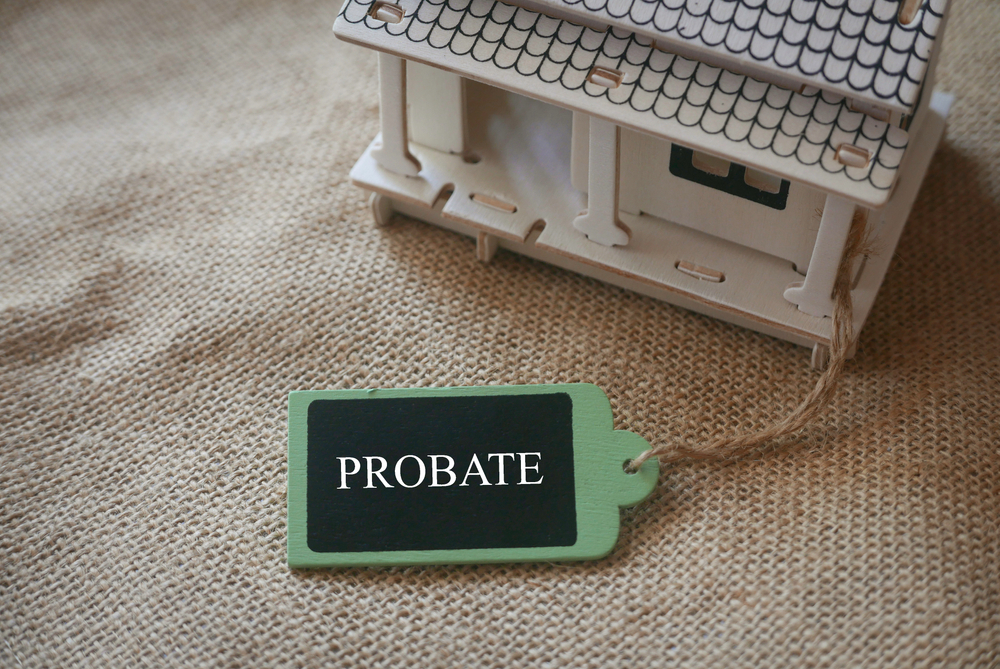
The Importance of Healthcare Directives in Your Estate Plan

Estate planning is a crucial step towards securing your property and ensuring that your loved ones receive it according to your wishes. However, estate planning should not be limited to providing for your heirs after you are gone. It should include preparing for any future medical situations that may arise.
Preparing healthcare directives is an essential element of estate planning that is often overlooked. Healthcare directives are crucial legal documents that allow you to specify how you want to be medically treated in the event of incapacitation, coma, or any other situation where you cannot communicate your wishes.
In this blog, we will discuss the importance of healthcare directives in your estate plan.
Control Over Your Medical Decisions
A healthcare directive empowers you to make decisions about your medical care while you are still conscious and well within your faculties. The directive goes into effect if you are unable to make decisions or speak for yourself, giving instructions on what medical treatments you would like or not want.
If there is no healthcare directive in place, the decision-making power falls on family members or a court, leaving them with the difficult choice of making decisions without any guidance from the patient. Thus, creating a healthcare directive ensures that you have control over the medical decisions made on your behalf.
Reducing Family Conflict
One of the major causes of family conflicts is the decision-making process of medical care for a loved one. This is evident when different family members have different ideas and opinions on the best course of action for the ailing patient.
By specifying your healthcare wishes in a directive, family members will be clear on your desires, reducing the chance of conflicts and potential legal disputes, and allowing them to focus on your well-being during this challenging time.
Transparent Communication with Medical Providers
Without a healthcare directive, doctors will not know your preferences and previous medical history, which could lead to unnecessary medical procedures. They would have to rely on relatives or make their best guess, which could end up being detrimental to the patient.
With healthcare directives, doctors and medical providers are made aware of your preferences and can communicate with you and your next of kin transparently, ensuring that treatments are given according to your wishes.
Unique Medical Conditions
Healthcare directives can also offer flexibility in situations where you have unique medical conditions. For instance, if you have a disease that requires unique medical procedures, you can indicate your preferred methods of treatment to ensure that the doctor provides the best care for your situation.
Furthermore, if you have a specific healthcare provider or hospital, the directive will indicate who should treat you, reducing the possibility of you being treated by anyone without the proper knowledge of your medical history.
Bedford Estate Planning Attorney
Creating healthcare directives in your estate plan is crucial for ensuring that your medical wishes are respected when you cannot express them. This will provide you with control over medical decisions, reduce the potential for family conflicts, allow transparent communication with medical providers, and offer flexibility in cases where you have unique medical conditions.
At Hargrave Law, we understand the importance of healthcare directives more than anyone else. That’s why we offer estate planning services that include healthcare directives to ensure that your wishes and desires are protected every step of the way. With our expertise, you can have peace of mind knowing that you and your loved ones are provided for in all aspects of estate planning. Contact us today online or by calling 817-968-7191.







